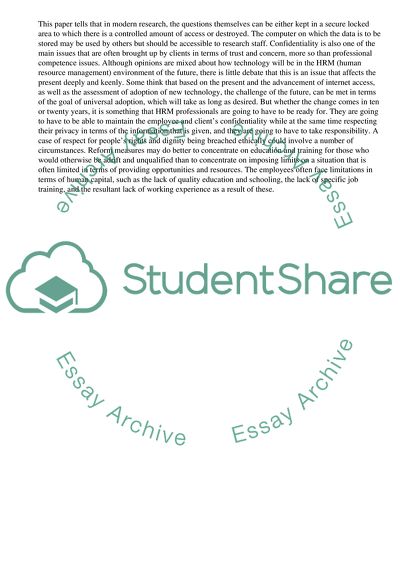Cite this document
(Workplace Privacy Between Coworkers Research Paper, n.d.)
Workplace Privacy Between Coworkers Research Paper. Retrieved from https://studentshare.org/management/1746891-hr-policies
Workplace Privacy Between Coworkers Research Paper. Retrieved from https://studentshare.org/management/1746891-hr-policies
(Workplace Privacy Between Coworkers Research Paper)
Workplace Privacy Between Coworkers Research Paper. https://studentshare.org/management/1746891-hr-policies.
Workplace Privacy Between Coworkers Research Paper. https://studentshare.org/management/1746891-hr-policies.
“Workplace Privacy Between Coworkers Research Paper”, n.d. https://studentshare.org/management/1746891-hr-policies.


